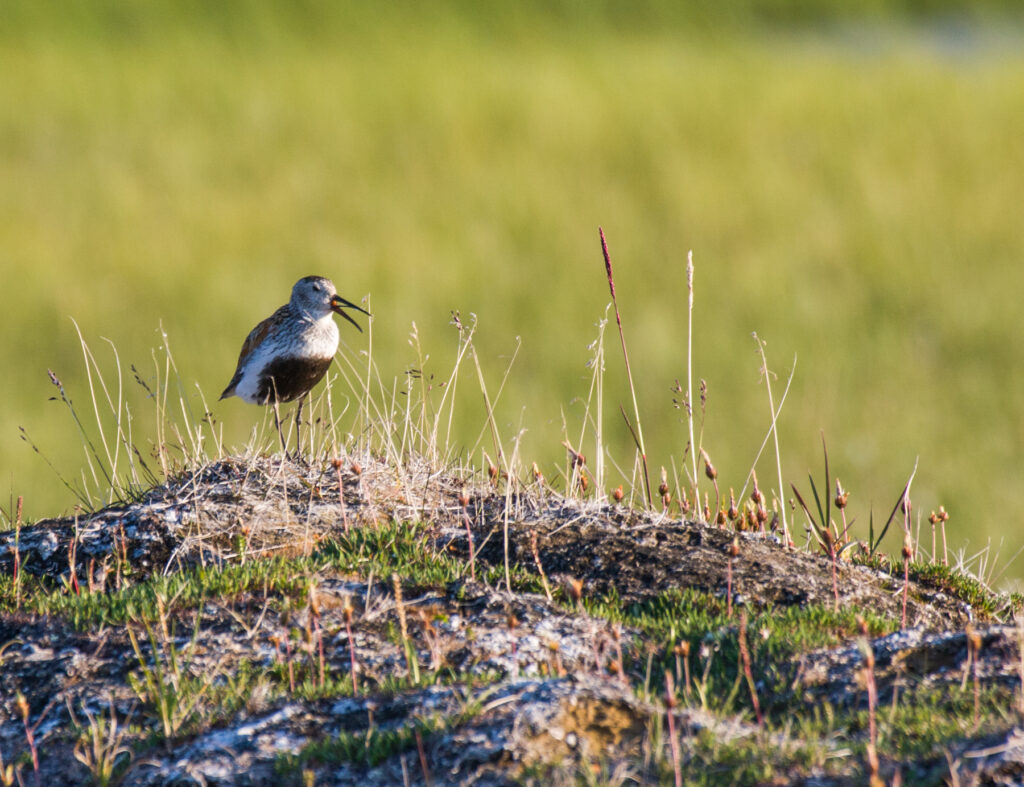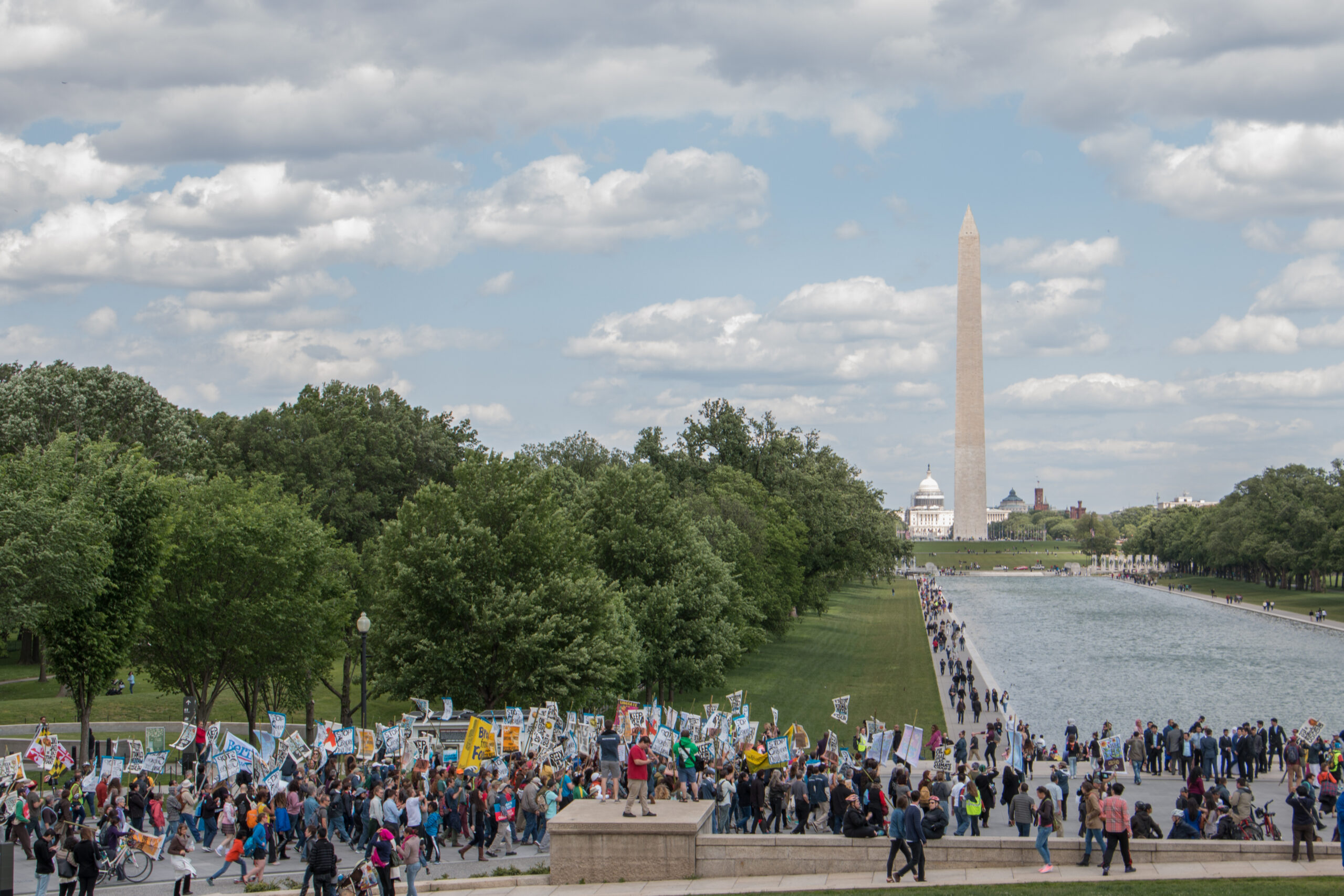What Good is a Public Comment Period?

We all learn from a young age about the three branches of government, but what they actually mean for protecting Alaska’s public lands often feels murky. How we affect change varies drastically based on which branch we’re trying to shake.
When it comes to decisions like drilling in the Arctic Refuge, protecting Special Areas, or opening the Arctic Ocean to oil exploration, the Executive Branch—especially the Department of the Interior—holds the power. These decisions don’t go through Congress. They happen in federal agencies, under whichever administration is in charge.
That’s where public comment periods come in—and why they matter more than you might think.
When You Speak, They Have To Listen

Image: Public Comment Project
When federal agencies want to create, change, or roll back a regulation, they’re usually required by law to open it up for public input. That means you have the right to weigh in—whether you’re a scientist, a teacher, a guide, or someone who just loves our public lands. And yes, your voice counts even if you’re not an “expert.” You care. That’s enough.
Many of our major issues undergo a comment period–such as the most recent proposed rescission of Special Areas regulations. During friendly administrations, comment periods allow us to offer positive and science-based feedback in favor of additional conservation measures. .
Under less friendly administrations like the current Trump administration, we function under more difficult circumstances. Recently, public comment periods have been shortened, rule changes have come quickly, and the push toward industrialization of the Arctic feels relentless. While the typical length of a comment period ranges anywhere from 30-60 days, we’ve seen more truncated timelines (some as short as 14 days!) in an attempt to stifle engagement and show limited opposition.
But showing up still matters. Every comment is a signal: We are watching. We are paying attention. And we are not backing down.
Even when we can’t stop a bad rule today, our comments are added to the official record. They stand as proof—for future courts, future lawmakers, and future administrations—that people cared, resisted, and made their voices heard. And ultimately, agencies are not allowed to base their final decision based on the number of comments submitted. We don’t have to be an overwhelming majority, but we do need to get our voices on the record.
Why Comments Are More Than a Formality
Our end goal with most comment periods is to submit enough evidence and opposition that the agency can terminate the rulemaking or change parts of the rule to reflect our feedback.
However, it’s abundantly clear that this Administration is NOT operating under normal circumstances. As we endure another Trump administration, the most important thing we can do is refuse to remain silent when the sacred lands in the Arctic remain threatened.
We’re given very few chances to influence government decision-making outside of elections. That’s why participating in public comment periods isn’t just a bureaucratic checkbox—it’s a civic responsibility. In a time when civil liberties feel increasingly fragile, the power to raise our collective voice should never be underestimated.
These comments do more than respond to a single rule—they leave a record. They stand as a testament to our values, documenting our dissent or support no matter who holds power. When we clearly outline the reasons we oppose harmful policies, we help pave the way for future change under more responsive leadership.
We’ve never been quiet about our love for the Arctic. Fragile ecosystems, globally significant wildlife, and Indigenous communities depend on us to engage with even the most complex, behind-the-scenes processes—and to do so with unwavering commitment to conservation over industrial development.
Keep Showing Up!

Over 1,000 people rallied at the White House and marched to the Lincoln Memorial Reflecting Pool, calling on the Obama administration to stop offshore drilling and protect the Arctic, Atlantic, and Gulf Coast. (Photo: Alaska Wilderness league - Mladen Mates)
Whether it’s during elections, major legislative fights, or public comment periods, your continued engagement is what makes this movement strong. It’s how we show up as the fiercest advocates for the places we love.
At Alaska Wilderness League, we’re deeply grateful for the longtime defenders who’ve been in this fight for decades—and we’re just as excited to welcome those who are new to the cause. Time and again, our members rise to the moment: signing petitions, submitting comments, and making their voices heard when it matters most.
We’ll always honor that legacy by continuing to campaign for real change.
You can always find the most urgent public comment opportunities on our homepage. And if you haven’t yet, sign up for our email list to get timely updates delivered straight to your inbox.
